The garden is for me a place of memories. My first memory of a garden was when I was a kid growing up on the outskirts of Cincinnati, OH. I remember following in the footprints of my paternal grandfather as he tilled the garden by his home. It was a challenge. A challenge of accuracy and distance as I would leap to step in his imprint in the fallow ground. I remember my maternal grandmother, who was 92, would love to come and watch me work in the garden. She was so frail, but I would put her in my car and carry her to a shaded area, so she could watch and advise me on the garden. In my adult years I would have a plot or raised beds to grow vegetables. Most of those vegetables I would give away to the senior members of our congregation.
Today, the people of East Knoxville don’t have access to fresh fruit and vegetables...they live in a food desert. According to the USDA, food desert are: “parts of the country vapid of fresh fruit, vegetables, and other healthful whole foods, usually found in impoverished areas. This is largely due to a lack of grocery stores, farmers’ markets, and healthy food providers.” To qualify as a “low-access community,” at least 500 people and/or at least 33 percent of the census tract's population must reside more than one mile from a supermarket or large grocery store. The closest grocery stores are two Kroger’s which are both roughly 2.6 miles away.
In attempts to address the food desert in East Knoxville, the Eastside Sunday Market, the Tabernacle Community Garden, and the Gethsemane Project were developed.
The Eastside Sunday Market was the result of a collaboration of concerned citizens who also wanted to address the issue of food scarcity in East Knoxville. The Market hosts local farmers and vendors to sell fresh fruits, vegetables, honey, soaps and handmade items. Its hours of operation are Sundays from 1:00 PM – 4:00 PM. The initial run from June – August, 2018 averaged attendance of 100 people.
The Tabernacle Community Garden contains sixteen 10’X17’ plots that are manned by community and church members. We have people who have never gardened before. Youth groups who are being taught the benefits of gardening. We have church members, Muslims, and unbelievers who are all working in the garden. For me the garden reflects what the community and the Kingdom should look like. We all come together, work in harmony, to make a beautiful and productive garden despite our differences.
The garden is fenced in and we use the fence as a trellis. We call it the gleaning fence. The Jewish practice of leaving the corners of the field unharvested for the poor is the motivation. All the vegetables on the fence are free to the public. Tomatoes, okra, peppers, beans, zucchini, and squash are daily harvested and placed in baskets for those passing by. I soon learned that people are coming by daily to get some from fresh vegetables.
The Tabernacle Community Garden has grown to a larger venture, the Gethsemane Project. The Gethsemane Project was birthed from this desire to combat the food desert and to have access to healthier food choices in East Knoxville. This would be accomplished through utilizing church and community properties to be used for gardening. Presently we have 4 additional congregations who will have Community Gardens on their property; Bethel AME, Logan Temple AME Zion, Payne Ave. Baptist, College Hill Seventh Day Adventist who have joined this movement as well as Stop-N-Go, a corner store.
The garden for me has been an experience in developing community. I have met more people in the few months of working the garden then the 10 years I sat in my office. The garden is on church property but not connected to it. Between the church and the garden are 2 homes. I was embarrassed when I went out recruiting for persons to take plots and realized I had never met my neighbors.
The garden has become my place of peace. “I come to the garden alone, while the dew is still on the roses” is my theme song. I get up early and wait for a glimpse of sunshine to begin piddling in the dirt. It’s my time of reflection and motivation for the day.
When asked by a friend how much the garden cost I told him, “the field was plowed for free, the tillers were donated, people gave us seeds and plants, a farm gave us tools, friends donated a wheel barrow, picnic table and tomato stakes.” “So,” he responded, “when you invested in the community, the community invested in you?” I said, “Amen”





